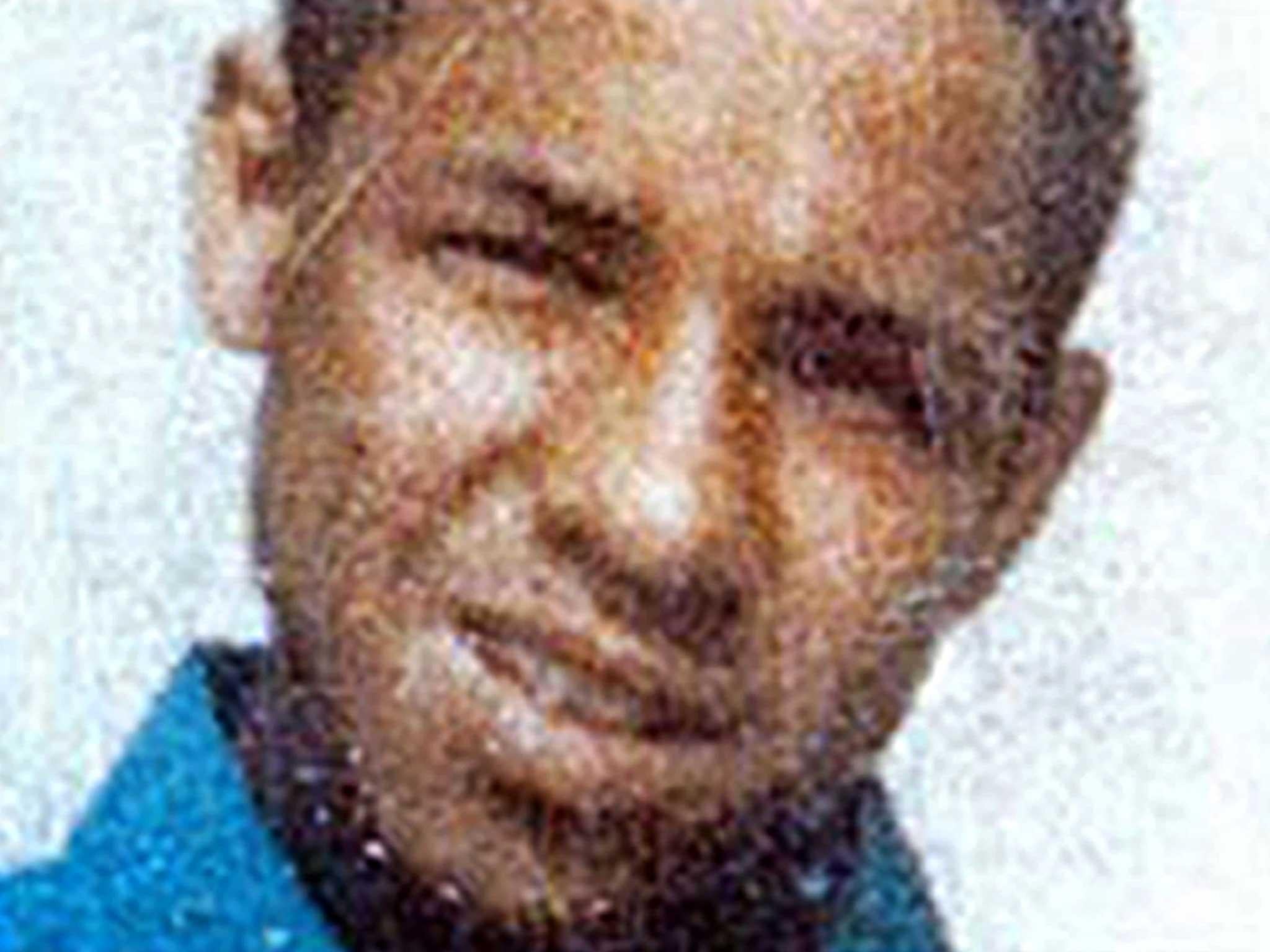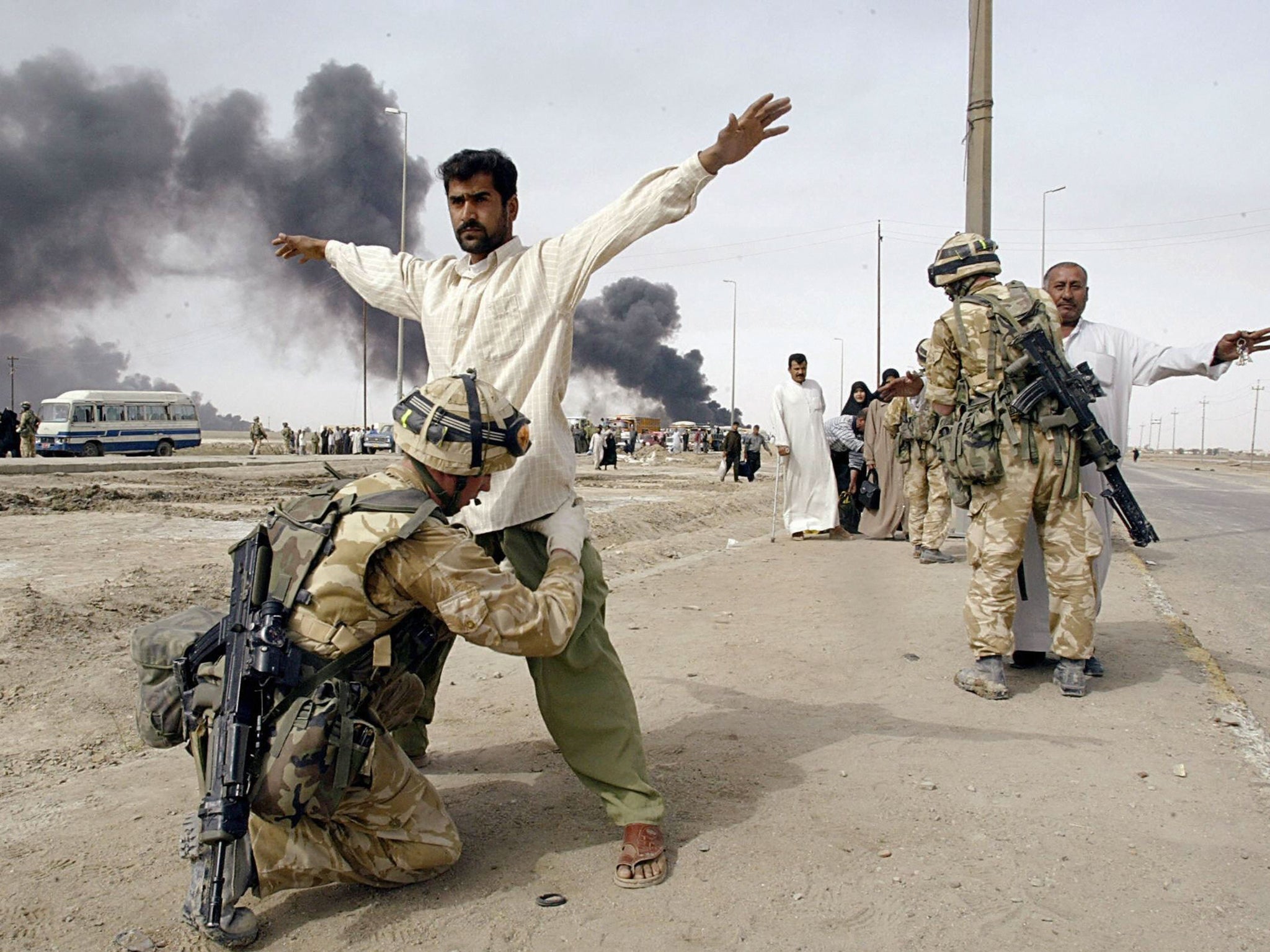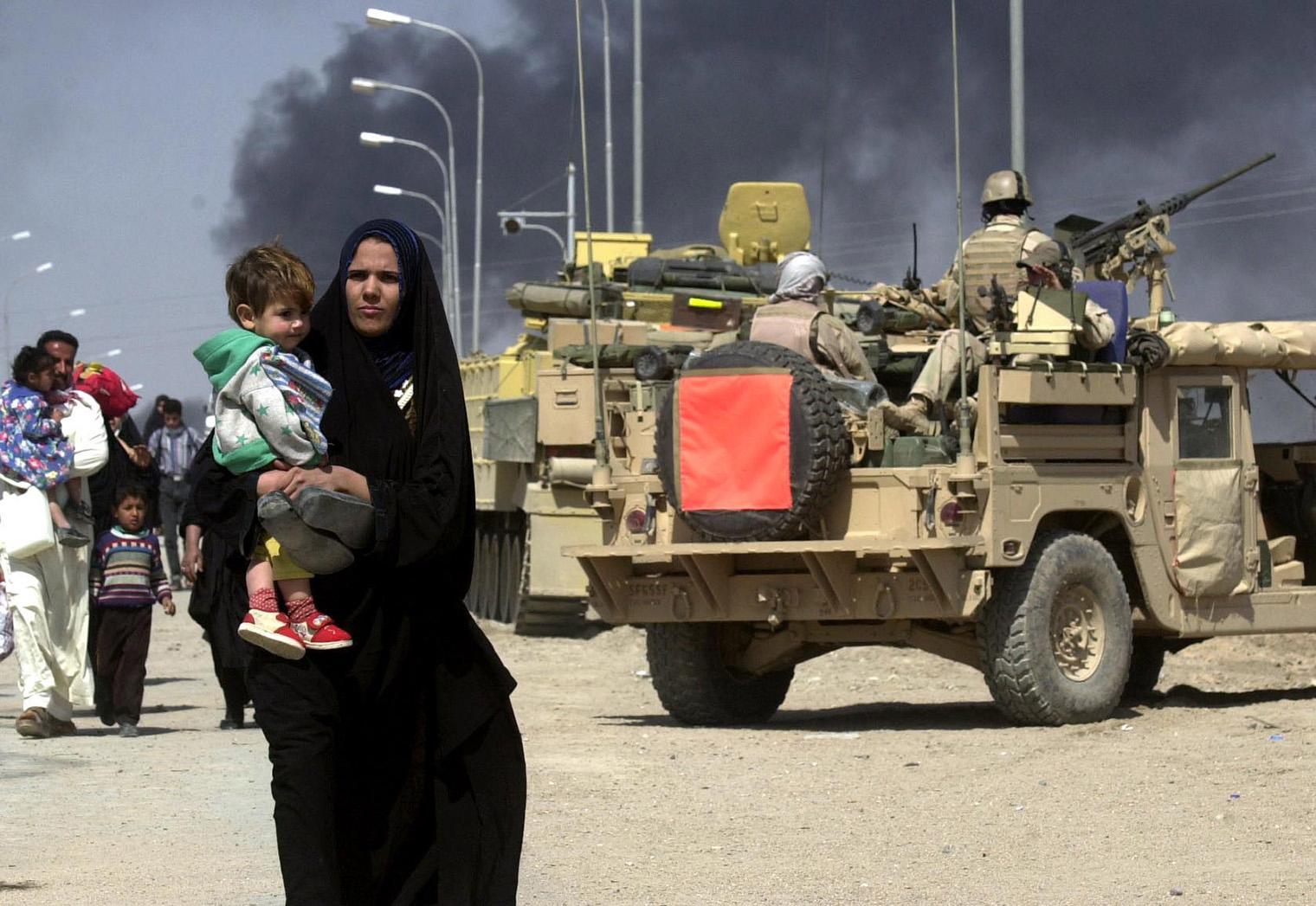Four British soldiers 'forced Iraqi teenager into river where he drowned'
Soldiers watched 15-year-old Ahmed Jabbar Kareem Ali drown in a dirty canal in Basra, report finds

The Ministry of Defence has said it is “extremely sorry” for the death of an Iraqi boy who drowned after being forced into a dirty canal by British soldiers.
A judicial investigation found that Ahmed Jabbar Kareem Ali, 15, was “left alone to flounder and drown” in Basra in May 2003.
Sir George Newman, a former High Court judge, found the teenager had “unlawfully treated” by soldiers struggling to deal with chaos engulfing the city.

After reviewing evidence from dozens of commanders, troops and civilian witnesses, he concluded that the circumstances in which Ahmed died “should never have occurred”.
The boy was detained by three other suspected looters near Basra General Hospital and driven in an armoured vehicle to the Shatt al-Basra canal.
“The soldiers, having detained him for looting, forced him to enter the canal and left him floundering,” Sir George’s report said.
“He should not have been detained and held in armed and confined custody in a Warrior [vehicle], he should not have been transported in the Warrior to the canal, he should not have been forced to enter the canal, let alone left there to flounder and drown.”
The judge’s scathing findings said Ahmed was “aggressively manhandled and assaulted” by soldiers who then unlawfully forced him into the water.

Like many Iraqis, he was unable to swim, and soldiers failed to rescue the teenager after watching him go under the surface - the “plain and certain” cause of the boy's death.
“It was a clumsy, ill directed and bullying piece of conduct, engaged in without consideration of the risk of harm to which it could give rise and, in the event which occurred, there was a manifest failure to take action to save the life of Mr Ali,” Sir George wrote.
He is leading the Iraq Fatality Investigations (IFIs) - independent inquiries into civilian deaths linked to Britain’s involvement in the conflict.
The soldiers involved in Ahmed's death were tried in a British court for manslaughter and acquitted in 2006.
British troops have recently taken Basra from Saddam Hussein’s army as part of the Iraq invasion but their victory was followed by a “state of chaos” and widespread looting.
The police force was ineffectual and in the absence of a court system, looters could not be properly arrested and tried, sparking attempts at ad hoc punishments and mass detentions at a local gymnasium.
Soldiers admitted “wetting” suspects by throwing them into rivers, seeing detainees handcuffed with sandbags put on their heads in attempts to “humiliate” them, and driven miles out of the city and left to walk home in attempts to deter disorder.
The report said the soldiers' actions gave rise to “grave concerns” about their ability to cope with their orders and the adequacy of the resources available to them.
It also highlighted serious concerns over the soldiers' training and ability for troops in Basra to “act as both policemen and combatants simultaneously”.
The IFIs provide an inquisitorial investigation akin to a coroner's inquest in order to meet investigative requirements under the European Convention on Human Rights.
A spokesperson for the Ministry of Defence said had established a team to review the Chilcot report that would also have responsibility for taking Sir George’s findings into account.
“This was a grave incident for which we are extremely sorry,” he added. “We are committed to investigating allegations of wrongdoing by UK forces and will use Sir George’s findings to learn lessons to help ensure nothing like this happens again.”
Amnesty International UK’s said it had repeatedly raised Ahmed's death with authorities.
“Today's apology from the MoD for the death of Ahmed Jabbar Kareem Ali is a long overdue but important step on the road towards accountability," said the charity's head of policy and government affairs, Allan Hogarth.
“We've always said it's vitally important that the UK sets an example internationally by making sure any credible allegations of human rights violations are both independently and thoroughly investigated."
